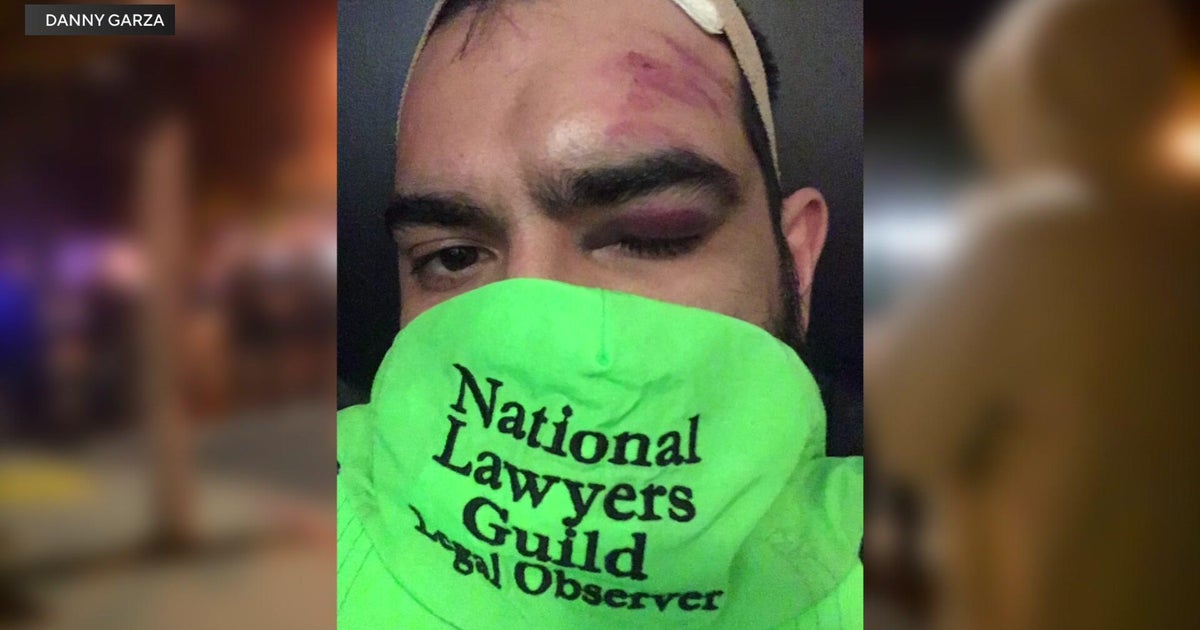California Debates Resuming Executions With Single Drug
SACRAMENTO (CBS / AP) -- Californians face a watershed year as they prepare to decide whether to resume executions that stopped a decade ago or end them entirely.
While advocates jockey to put both choices before voters this fall, officials overseeing the 746 condemned inmates on the nation's largest death row are pushing ahead with plans to use a single lethal drug to meet legal requirements amid a nationwide shortage of execution drugs.
Supporters said at a public hearing on Friday that crime victims have waited too long for justice as the state dragged its heels in adopting a new method of execution.
"The family members of the victims are dying before the murderers," said Michele Hanisee, vice president of the Association of Deputy District Attorneys of Los Angeles County. "Meanwhile, ironically, the state of California moves ahead with an assisted suicide law that would allow doctors to prescribe the same drugs for suicide that death penalty opponents will call inhumane when used for executions."
Opponents said at the hearing that the state risks botching death sentences if it moves too quickly in making the change.
The California Department of Corrections and Rehabilitation will consider the 20 comments made during the 90-minute hearing and written comments from about 12,000 people as it develops its final regulations.
The state is proposing to let corrections officials choose from four types of powerful barbiturates to execute prisoners. A choice would be made for each execution, depending on which drug is available.
The single injection would replace the series of three drugs used in 2006 to execute 76-year-old Clarence Ray Allen for ordering a triple murder.
Two of the four drugs have never before been used in executions, and it's not clear whether the state has enough safeguards in place to obtain safe, effective drugs, said Ana Zamora, criminal justice policy director of the American Civil Liberties Union of Northern California.
"Some of these executions using drugs obtained from questionable sources have resulted in gruesome, botched executions" in other states, she warned.
The corrections department also failed to properly consider that ending executions entirely could save state and local governments $150 million a year, she said, referring to the estimate involving one of the pending ballot measures.
A recent Field Poll showed an almost even split among voters on the death penalty, with 48 percent wanting to speed up the legal process leading to executions and 47 percent seeking to replace executions with life sentences without the possibility of parole.
"This could be the year when it comes to a head in the public vote on a very interesting pair of initiatives," Field Poll Director Mark DiCamillo said. "I don't think anyone can forecast how it will turn out."
In 2012, voters rejected ending the death penalty by 4 percentage points, but DiCamillo said frustration with the seemingly endless delays and mounting expenses are driving more people to favor doing away with it entirely.
The proposed single-drug injection process is the latest attempt to resume executions after a federal judge halted executions in 2006 and ordered prison officials to improve execution procedures that used a series of three drugs to knock out an inmate before the lethal dose was administered.
Five years later, a Marin County judge rejected the state's newly developed three-drug lethal injection regulations that relied in part on a drug no longer available in the U.S.
Eight states already have used a single drug for executions and there is no reason the courts shouldn't quickly approve California's new regulations once the procedure is adopted, said Michael Rushford, president of the Sacramento-based Criminal Justice Legal Foundation.
The group sued to force California to adopt the method suggested by state and federal judges in ongoing cases, and Rushford predicted executions could resume this year if the rules are finalized soon.
Death penalty opponents said they will keep challenging the regulations.
The ACLU is suing to obtain at least 79,000 corrections department documents related to lethal injections that it says are needed to show if safeguards are in place to prevent the state from using backdoor ways to obtain execution drugs that manufacturers say were not intended for that purpose.
Department of corrections spokeswoman Terry Thornton said the documents the department used to develop the proposed regulations are already available to the public.
© Copyright 2016 The Associated Press. All Rights Reserved. This material may not be published, broadcast, rewritten or redistributed.







